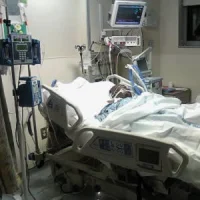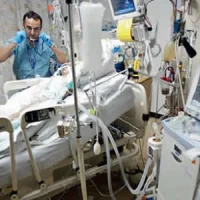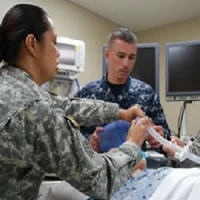Writing in the Journal of Critical Care, Constantine Manthous argues that failure to awaken and wean patients on mechanical ventilation is poor practice. He suggests practical solutions to close the gap.
Manthous notes that the evidence is that mechanical ventilation can be reduced substantially in duration, thereby reducing morbidity and mortality. However, mean ventilation of duration suggests there is a quality chasm dividing theory and practice. “Such high-stakes quality chasms should not be ethically permissible and .. we share individual and collective responsibility to remedy them, else patients needlessly suffer, writes Manthous.
See Also: Guideline: Ventilatory Management of Acute Hypercapnic Respiratory Failure
The solution? A combination of initiatives suggest Manthous, including education of clinicians and patients, to use the best available evidence. Remuneration should be linked to best practice, and professional societies should also assist in deployment of best practice, he says.
"'Awaken-and-wean' should be more than a catchy phrase, it should be an ethical imperative," concludes Manthous, with a call to readers to join the discussion.
Image credit: Pixabay
References:
Manthous CA (2016) Is failure to awaken-and-wean mal-practice? J Crit Care, in press. doi: 10.1016/j.jcrc.2016.04.029
Latest Articles
weaning, awakening, malpractice, mechanical ventilation
Writing in the Journal of Critical Care, Constantine Manthous argues that failing to awaken and wean patients on mechanical ventilation is poor practice. He suggests practical solutions to close the gap.










